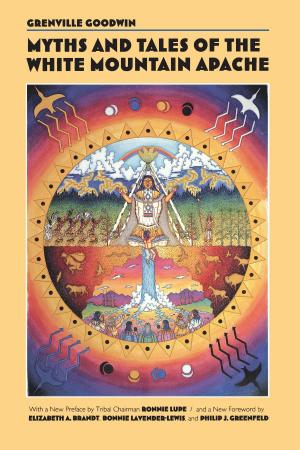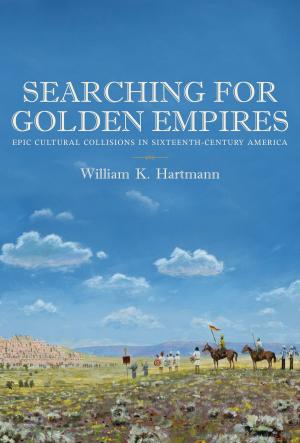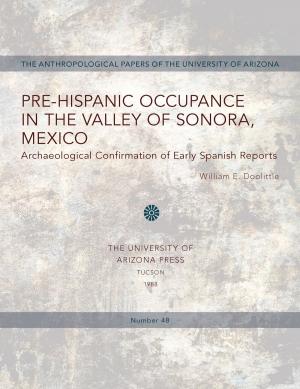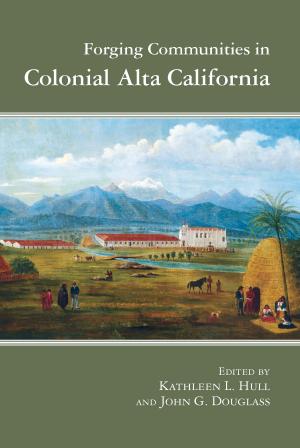Stealing the Gila
The Pima Agricultural Economy and Water Deprivation, 1848-1921
Nonfiction, Social & Cultural Studies, Social Science, Cultural Studies, Native American Studies, History, Americas, Native American| Author: | David H. DeJong | ISBN: | 9780816536504 |
| Publisher: | University of Arizona Press | Publication: | December 1, 2016 |
| Imprint: | University of Arizona Press | Language: | English |
| Author: | David H. DeJong |
| ISBN: | 9780816536504 |
| Publisher: | University of Arizona Press |
| Publication: | December 1, 2016 |
| Imprint: | University of Arizona Press |
| Language: | English |
By 1850 the Pima Indians of central Arizona had developed a strong and sustainable agricultural economy based on irrigation. As David H. DeJong demonstrates, the Pima were an economic force in the mid-nineteenth century middle Gila River valley, producing food and fiber crops for western military expeditions and immigrants. Moreover, crops from their fields provided an additional source of food for the Mexican military presidio in Tucson, as well as the U.S. mining districts centered near Prescott. For a brief period of about three decades, the Pima were on an equal economic footing with their non-Indian neighbors.
This economic vitality did not last, however. As immigrants settled upstream from the Pima villages, they deprived the Indians of the water they needed to sustain their economy. DeJong traces federal, territorial, and state policies that ignored Pima water rights even though some policies appeared to encourage Indian agriculture. This is a particularly egregious example of a common story in the West: the flagrant local rejection of Supreme Court rulings that protected Indian water rights. With plentiful maps, tables, and illustrations, DeJong demonstrates that maintaining the spreading farms and growing towns of the increasingly white population led Congress and other government agencies to willfully deny Pimas their water rights.
Had their rights been protected, DeJong argues, Pimas would have had an economy rivaling the local and national economies of the time. Instead of succeeding, the Pima were reduced to cycles of poverty, their lives destroyed by greed and disrespect for the law, as well as legal decisions made for personal gain.
By 1850 the Pima Indians of central Arizona had developed a strong and sustainable agricultural economy based on irrigation. As David H. DeJong demonstrates, the Pima were an economic force in the mid-nineteenth century middle Gila River valley, producing food and fiber crops for western military expeditions and immigrants. Moreover, crops from their fields provided an additional source of food for the Mexican military presidio in Tucson, as well as the U.S. mining districts centered near Prescott. For a brief period of about three decades, the Pima were on an equal economic footing with their non-Indian neighbors.
This economic vitality did not last, however. As immigrants settled upstream from the Pima villages, they deprived the Indians of the water they needed to sustain their economy. DeJong traces federal, territorial, and state policies that ignored Pima water rights even though some policies appeared to encourage Indian agriculture. This is a particularly egregious example of a common story in the West: the flagrant local rejection of Supreme Court rulings that protected Indian water rights. With plentiful maps, tables, and illustrations, DeJong demonstrates that maintaining the spreading farms and growing towns of the increasingly white population led Congress and other government agencies to willfully deny Pimas their water rights.
Had their rights been protected, DeJong argues, Pimas would have had an economy rivaling the local and national economies of the time. Instead of succeeding, the Pima were reduced to cycles of poverty, their lives destroyed by greed and disrespect for the law, as well as legal decisions made for personal gain.















